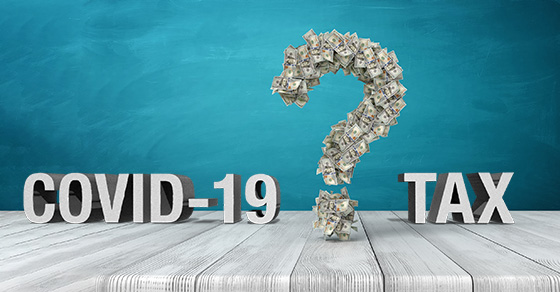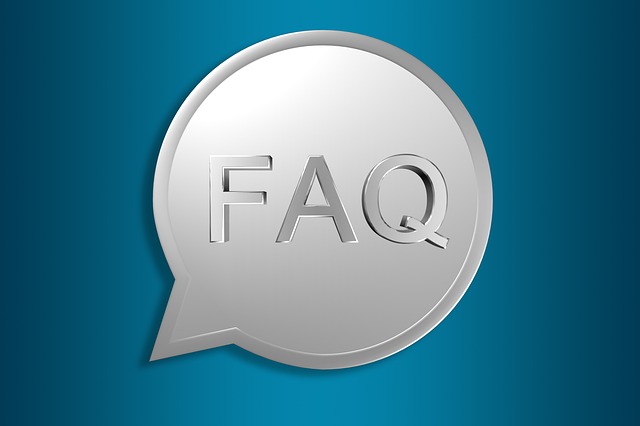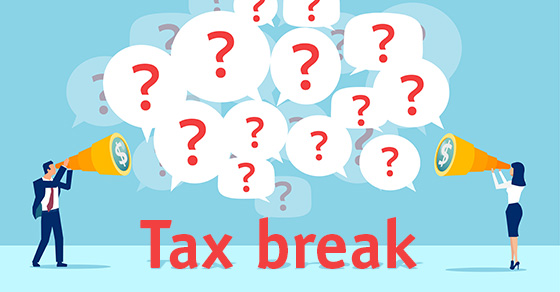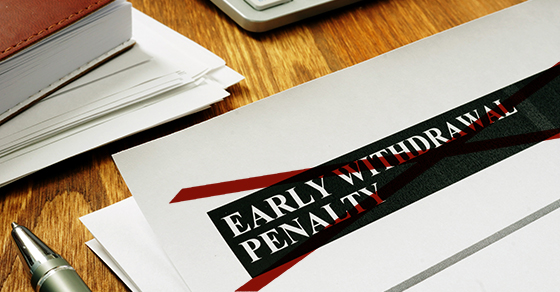Will You Have to Pay Tax on Your Social Security Benefits?
If you’re getting close to retirement, you may wonder: Are my Social Security benefits going to be taxed? And if so, how much will you have to pay? It depends on your other income. If you’re taxed, between 50% and 85% of your benefits could be taxed. (This doesn’t mean you pay 85% of your benefits back to the government in taxes. It merely that you’d include 85% of them in your income subject to your regular tax rates.)
Back-to-school tax breaks on the books
Despite the COVID-19 pandemic, students are going back to school this fall, either remotely, in-person or under a hybrid schedule. In any event, parents may be eligible for certain tax breaks to help defray the cost of education.
Here is a summary of some of the tax breaks available for education.
IRS Clarifies Payroll Tax Deferral Relief and Expands Relief for those Using the PPP
The CARES Act allows all employers to defer the deposit and payment of the employer’s share of social security (SS) taxes (6.2%) and self-employed individuals to defer payment of certain self-employment taxes. The timing of the deferral will depend in whether or not the employer receives a loan under the Payroll Protection Program
There’s still time to make a deductible IRA contribution for 2019
Do you want to save more for retirement on a tax-favored basis? If so, and if you qualify, you can make a deductible traditional IRA contribution for the 2019 tax year between now and the extended tax filing deadline and claim the write-off on your 2019 return. Or you can contribute to a Roth IRA and avoid paying taxes on future withdrawals.
Do you have tax questions related to COVID-19? Here are some answers.
The coronavirus (COVID-19) pandemic has affected many Americans’ finances. Here are some answers to questions you may have right now.
The Top 10 Questions about the Tax Deadline Extension
It was announced on March 20 that Tax Day would be postponed from April 15 to July 15 to coincide with the delayed tax payment deadline at the direction of President Trump. Treasury Secretary Steven Mnuchin announced the postponement via Twitter, stating that all taxpayers and businesses will have until July 15 to file and make payments without interest or penalties.
Many states are still announcing their response to the deadline. Due to COVID-19, Minnesota is providing additional time until July 15, 2020, for taxpayers to file and pay 2019 Minnesota Individual Income Tax without any penalty and interest. Minnesota has not extended 2020 first and second quarter taxes. We know you have lots of questions. Below is a summary of the 10 most common questions and the IRS’s response.
An Overview of the Tax Credits Available Under the CARES and FFCRA Acts
The following article is a high-level overview of the tax credits available under the CARES and FFCRA Acts.
What You Need to Know About the Paid Sick and Family Leave Tax Credits
The Families First Coronavirus Response Act (FFCRA) signed on March 18, 2020, made unprecedented expansions to paid sick and family (childcare) leave provisions in light of the challenges for the American workforce due to COVID-19. The expansions to paid sick and family leave cover employers with up to 500 employees, and tax credits are available for up to 100% of qualifying wages paid. Eligible employers are granted a grace period by the DOL to come into compliance with the Act as long as employers act reasonably and in good faith during the grace period.
Financial Relief for Families Tax Credit – What to Expect with Your Check
The distribution of economic impact payments is expected to begin in the next three weeks and be available throughout the rest of 2020. With so much news circulating, it can be difficult to keep tabs on the latest updates. We also recognize it can be challenging to separate the legitimate updates from speculation. Below we have put together a summary of what we know so far about the economic impact payments.
Retirement Plan Distributions Relief Available to Individuals Under the CARES Act
To aid individuals during this time of economic uncertainty, the CARES Act has a few provisions that change some of the rules for retirement plan distribution rules, allowing qualified individuals access to their retirement funds. Below we have summarized what you need to know about retirement plan relief under the CARES Act.
CARES Act Overview: The Impact on Taxpayers and Businesses
The President signed the latest COVID-19 relief bill on March 27: The Coronavirus Aid, Relief, and Economic Security (CARES) Act. The bill brings with it several elements of relief for businesses, employees and families, in an effort to maintain livelihoods throughout the crisis and after. The expected cost of the bill is nearly $2 trillion and includes nearly $500 billion for in economic distress relief for businesses, states and municipalities.
IRS’ Employer COVID-19-Related Credits
The IRS has announced that employers required to provide emergency paid sick leave and emergency paid family and medical leave under the Families First Coronavirus Response Act (the Act) can begin taking advantage of two new refundable payroll tax credits. Equivalent credits are available to self-employed individuals based on similar circumstances.
Employer Resource Guide: FAQ – Adjustments to FMLA and Paid Sick Leave in Response to COVID-19
The COVID-19 virus has made fast, drastic changes to how we live and work. State-mandated business closures are creating challenges and generating many questions on how to preserve business continuity during this period. On March 18, 2020, President Trump signed the Families First Coronavirus Response Act (FFCRA), which takes effect on April 2. The bill expanded paid sick leave and unemployment benefits, impacting employees and employers, among other provisions.
Families First Coronavirus Response Act Provides Benefits and Tax Relief for Many
The Families First Coronavirus Response Act (FFCRA), passed by Congress and signed by President Trump on March 18, 2020, will become law 15 days after the signing. FFCRA provides benefits such as paid sick leave, free coronavirus testing, expanded food assistance and unemployment benefits, and requires that employers provide additional safeguards for health care workers. For many, it provides welcome support as employers and employees deal with the extraordinary effects of COVID-19 on the workforce and economy.
Be Informed and Involved in the Latest State Legislation for Section 179 Reform
Many of our clients have been impacted by Minnesota’s law which defers immediate write-off of federal Section 179 business assets. Now is the time to learn more about how upcoming state legislation may impact your business and groups that are advocating for reform.














